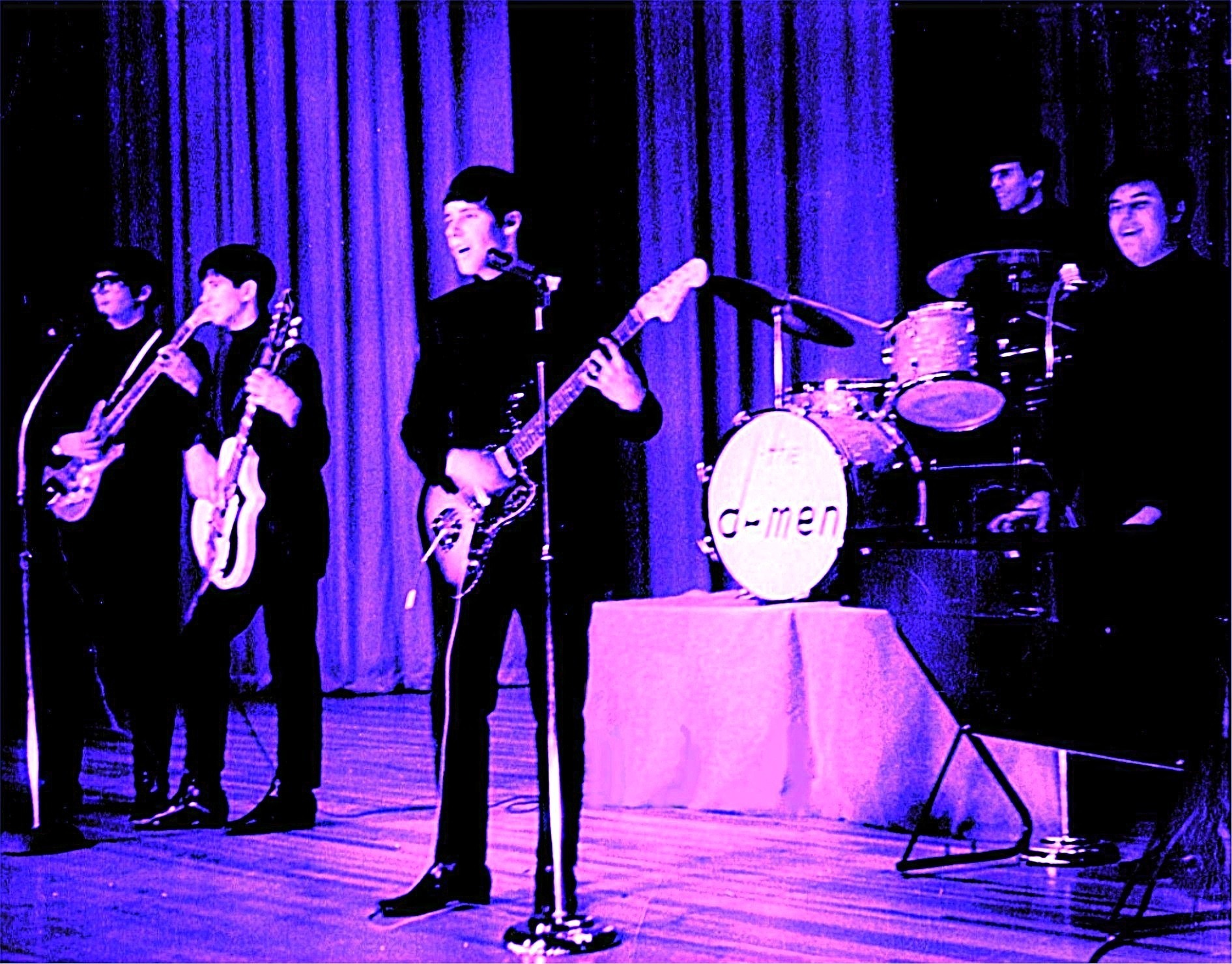Introduction to The Fifth Estate
The Fifth Estate is an American garage rock and pop band, formed during the 60s music era. The original lineup consisted of Rick Engler, Ken Evans, Doug Ferrara, Wayne Wadhams and Bill Shute. The group initially called themselves the Demen and the D-Men. They continued to hone their garage-style rock when they were first signed to Veep/United Artists and Kapp labels. The band eventually renamed themselves as the Fifth Estate, and released their first single on Red Bird Label, “Love Is All a Game” which became a regional hit. They followed this up with “Ding-Dong! The Witch Is Dead” which was a novelty hit. Not only did it become successful nationally, but also globally. The success encouraged them to perform alongside many stars as The Ronettes, The Lovin’ Spoonful, The Byrds and many others. From the 1970s onward the band have experienced lineup changes but they are still actively recording and especially performing. “Ding-Dong! The Witch Is Dead” has remained the group’s most popular recording. Their songs have been appreciated by the classic rock fans.
Who is the Fifth Estate?
The Fifth Estate is American rock band from Stamford, Connecticut formed in 1963. They are chiefly known with breakthrough single “Ding Dong! The Witch is Dead” in 1967. The quintet comprised of Rick Engler, Bob Klein, Doug Ferrara, Ken Evans and Bill Shute.
The D-Men Days
Starting as The D-Men, the young band was actively performing at clubs and other venues in and around Stamford. Sooner, they started to play in Greenwich Village where some of the larger and established clubs were located. The D-Men had three singles that would later become collectors’ items. As their name was getting known, The D-Men were starting to appear on television as well. Performing the song “I Just Don’t Care” in the show Hullabaloo, co-host Brian Epstein saw potential in the band and helped them to get a record contract.
The band later emerged as the winner of a radio “call-in” contest for the best new single, which was held by disc jockey Murray the K. After that great news, the D-Men later changed their name into The Fifth Estate in 1965.
While the group mainly attracts oldies music fans, they have also found newer generation of fans as well.
Recording as The Fifth Estate and their success with “Ding Dong! The Witch Is Dead”
On the Red Bird imprint, The Fifth Estate issued their debut single ‘Love Is All a Game” which became a heavy regional favorite. In 1967, they did a cover of a song from a classic 1939 film The Wizard of Oz called “Ding-Dong! The Witch is Dead” and released it as their second single. Their version became a national hit which charted at #11 on the Billboard Hot 100. The song was also incorporated with some parts of Michael Praetoriuos’ (17th century composer) “La Bouree” and recorded in different languages such as Japanese, Italian, French and German. It also made to the Cashbox’s Top 100 record releases of 1967. Later that year, it was followed by their version of “Heigh Ho!” a song from Disney’s first full-length film, Snow White and the Seven Dwarfs (1937). It did not make any impact in the US but it entered the Top 40 of the Canadian CHUM chart. Their next single “Do Drop Inn” also failed to enter the pop chart.
In 1968, The Fifth Estate issued an original piece, “Morning Morning,” which was dominated mostly by guitars and harpsichords. The song may have never made to the American chart once more, but it otherwise became a hit in Australia and England. Around the same time, The Monkees also released their own rendition of “Ding Dong! The Witch Is Dead.” In 1970, each member started to work on projects outside the band, while continuing to perform and record as a group.
Later years
Recent releases
Around 2010 or 2011, The Fifth Estate issued the album Time Tunnel which was produced and mixed with a little help of Shel Talmy. Talmy is an executive producer who has worked with David Bowie, The Kinks, Manfred Mann, The Easybeats, The Who and Jimmy Page and some many of their recordings. In 2012, a two-CD compilation, The Fifth Estate – Anthology 1 was released. It contains 40 songs and also includes 20-page booklet. A couple of years later they released a new album called Take The Fifth which contains all-new material.

